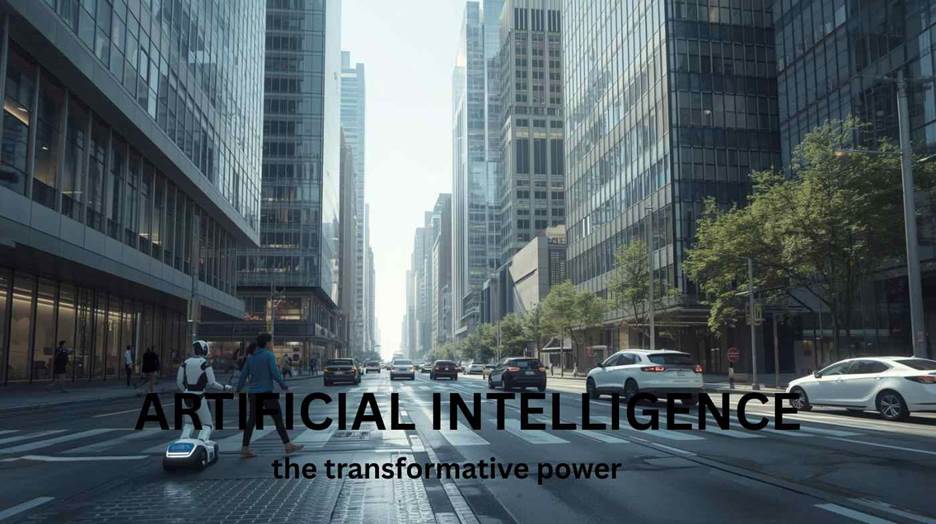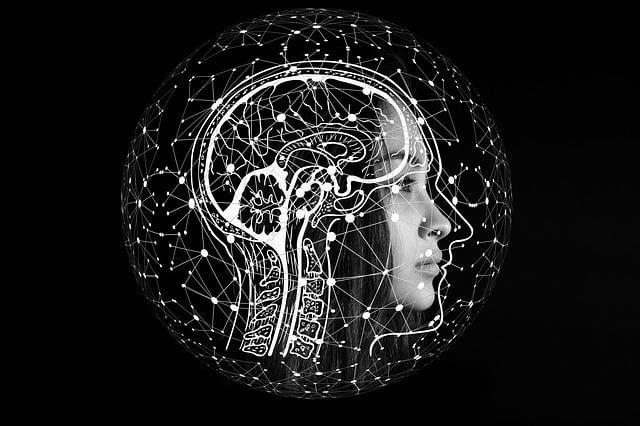In today’s rapidly evolving world, Artificial Intelligence has emerged as one of the most revolutionary technologies shaping industries, societies, and even personal lives. From automating simple tasks to driving complex decision-making processes, this powerful innovation has created endless opportunities while also raising important ethical questions. Understanding its scope, applications, and challenges helps us better prepare for a future where machines and humans work hand in hand.
Table of Contents

Understanding Artificial Intelligence
What Is Artificial Intelligence?
Artificial Intelligence refers to the ability of machines and computer systems to mimic human intelligence. It involves processes like learning, reasoning, problem-solving, and language understanding. Unlike traditional programming where machines follow strict instructions, AI systems adapt and improve based on the data they process.
Related Article: Artificial Intelligence and IOT: Smart Connections Shaping Tomorrow
Types of Artificial Intelligence
AI can be broadly divided into three categories:
- Narrow AI: Designed for specific tasks such as voice assistants or spam filters.
- General AI: A theoretical form that could perform any intellectual task humans can do.
- Superintelligent AI: A future possibility where machines surpass human intelligence.
While narrow AI is widely used today, research continues to push the boundaries toward more advanced systems.
Related Article: Automating Data Analysis Using Artificial Intelligence:for Faster, Smarter Insights
Applications of Artificial Intelligence
Healthcare Innovations
In healthcare, Artificial Intelligence has revolutionized diagnostics and patient care. AI-powered tools analyze medical images, detect diseases at early stages, and even predict health risks based on patient history. Virtual health assistants provide 24/7 support, making healthcare more accessible.
Business and Finance
Businesses are using Artificial Intelligence to optimize operations, predict consumer behavior, and enhance customer service. Chatbots, automated trading systems, and fraud detection models are just a few examples of how AI improves efficiency and decision-making in the financial world.
Education and Learning
In education, Artificial Intelligence personalizes learning by adapting lessons to individual student needs. Intelligent tutoring systems, automated grading, and AI-driven content recommendations make learning more engaging and effective.
Transportation and Smart Cities
Self-driving cars and traffic management systems powered by Artificial Intelligence are transforming urban life. Smart cities use AI to monitor energy consumption, reduce pollution, and improve safety for citizens.
Benefits of Artificial Intelligence
Increased Efficiency
One of the major benefits of Artificial Intelligence is its ability to perform repetitive tasks quickly and without errors. From manufacturing to logistics, AI-driven automation enhances productivity while reducing costs.
Better Decision-Making
By analyzing vast amounts of data, Artificial Intelligence provides insights that humans might overlook. These insights lead to more accurate predictions and better strategic decisions in business, science, and governance.
Accessibility and Convenience
Whether through virtual assistants, language translation tools, or personalized recommendations, Artificial Intelligence makes daily life easier. It bridges communication gaps and brings services closer to people regardless of geography.

Challenges of Artificial Intelligence
Ethical Concerns
As Artificial Intelligence becomes more integrated into society, ethical concerns arise. Issues like privacy, surveillance, and data misuse raise important questions about who controls the technology and how it should be regulated.
Job Displacement
Automation powered by Artificial Intelligence threatens traditional jobs, especially in manufacturing and customer service. While new opportunities are created, reskilling and adaptation are necessary for workers to stay relevant.
Bias and Fairness
AI systems often reflect the biases present in the data they are trained on. This means Artificial Intelligence can unintentionally reinforce stereotypes or discriminate against certain groups if not carefully monitored.
The Future of Artificial Intelligence
Collaboration Between Humans and AI
The future of Artificial Intelligence lies in collaboration rather than replacement. AI systems are expected to handle repetitive or analytical tasks, while humans focus on creativity, emotional intelligence, and ethical decision-making.
Innovations on the Horizon
Advancements in quantum computing, natural language processing, and robotics promise to take Artificial Intelligence to new levels. These innovations could revolutionize fields like medicine, space exploration, and climate change mitigation.
Responsible Development
To ensure a balanced future, governments, organizations, and researchers must work together to create ethical guidelines. Transparent, fair, and accountable Artificial Intelligence systems will help society harness the technology’s full potential while minimizing risks.
Conclusion
Artificial Intelligence is not just a technological trend it is a driving force reshaping industries, lifestyles, and human potential. From healthcare to education, transportation to finance, AI is proving to be an essential partner in progress. However, with its growth comes responsibility. Addressing challenges like ethics, bias, and job displacement is critical for building a future where innovation benefits everyone. Embracing Artificial Intelligence with caution, curiosity, and collaboration will ensure that humanity thrives alongside machines in this digital era.
Pingback: Artificial Intelligence and IOT: Smart Connections Shaping Tomorrow - Techyways
Pingback: Automating Data Analysis Using Artificial Intelligence:for Faster, Smarter Insights - Techyways
Pingback: Best Artificial Intelligence Software for Windows PC: Tools to Boost Your Productivity - Techyways